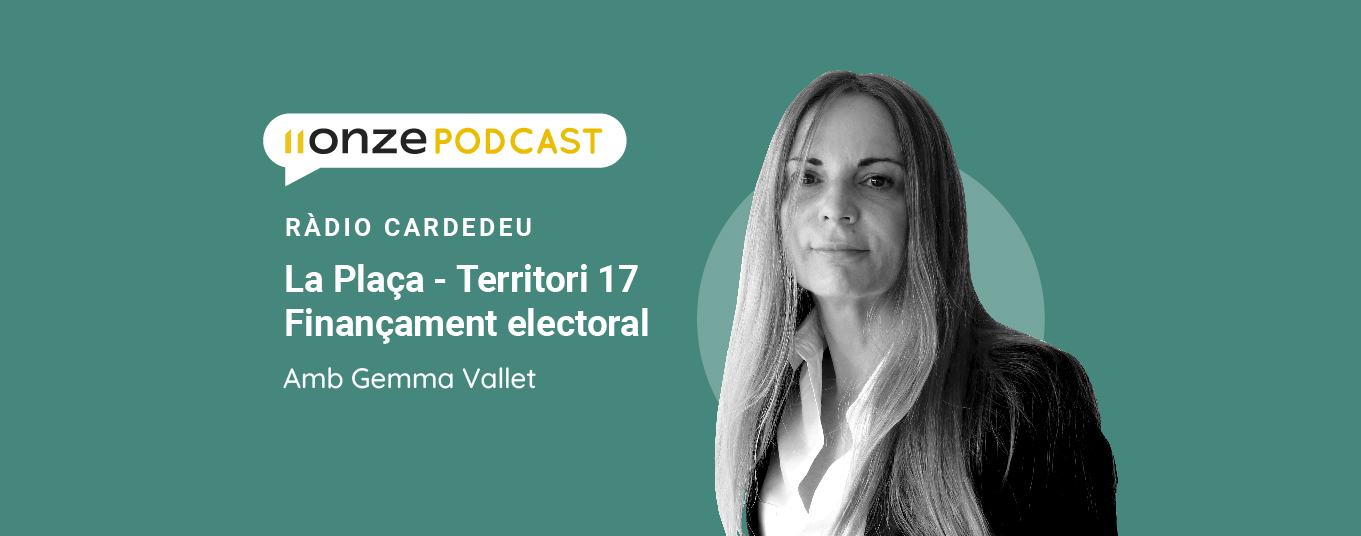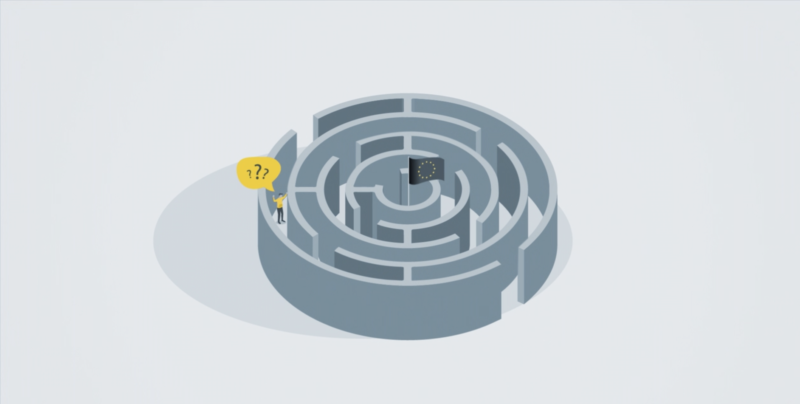

How is an election campaign financed?
The planning and execution of an electoral campaign entail a significant expense that is an extraordinary economic burden for a political party. What does it cost? Where does the money come from? Gemma Vallet, director of 11Onze District, explains in a new episode of La Plaça.
The funding of an election campaign is a fundamental aspect of democracy, as it directly affects freedom and equality of competition between political parties. In Catalonia, as elsewhere, several questions have been debated about which funding model is the most appropriate regarding transparency, fairness and current regulation.
The basis for establishing a budget for an election campaign is similar to those we would use to draw up a budget for any business or social project. In the same way that funding can come from savings, grants, contributions or borrowing. For example, according to the electoral law, “parties are entitled to free advertising space, both on radio and television stations and outdoor advertising,” explains Vallet.
Electoral subsidies
The state establishes, by law, various subsidies to political parties for expenses arising from electoral activities. These subsidies depend to a large extent on the results obtained in the previous elections, around 270 euros per councillor. This is a challenge for new parties, as the director of 11Onze District points out, “if you are a new party, this money does not reach you, so you have an added difficulty”.
At the same time, the state also subsidises the electoral costs of sending electoral propaganda, envelopes and ballot papers to voters. Subsidies that, as Vallet says, “are also established based on the number of votes and councillors obtained in the previous elections”.
Unlike models dependent on private funding, as in the United States, in principle, this formula allows them to maintain the most significant independence from the economic powers. According to Vallet, in a model based on private funding, “the parties that win are an extension of the big corporations”.
11Onze is the community fintech of Catalonia. Open an account by downloading the super app El Canut for Android or iOS and join the revolution!
Leave a Reply
You must be logged in to post a comment.






Saber quan ens costa cada procés electoral és molt important, tant com el mateix fet de votar. Cal avaluar cost i benefici i fer-ho amb resposabilitat
És ben cert, però essent crítics, s’ha de dir que es llencen una barbaritat de diners públics, que van al contenidor de la brossa i per no res… De ben segur que amb una altra llei electoral, es podria suprimir la confecció i enviament de propaganda electoral, sobres i paperetes als electors i que tot fos per via telemàtica i per internet, i si algú vol propaganda, que se la busqui, es formi i s’asseven-t’hi de tots els “ets” i “uts”, de votar a un o altre partit… Moltes gràcies pel teu comentari, Francesc!!!
Va bé saber-ho per saber com gastem els impostos. Crec que en conseqüència hauríem de sr més exigents en el compliment dels programes electorals
Molt d’acord amb la teva reflexió. Gràcies, Francesc!
Bona informació moltes gràcies Gemma
Moltes gràcies pel teu comentari, Alícia!!!
Gràcies!
Gràcies pel teu suport, Joan.
👍
Gràcies per ser-hi sempre, Manel!